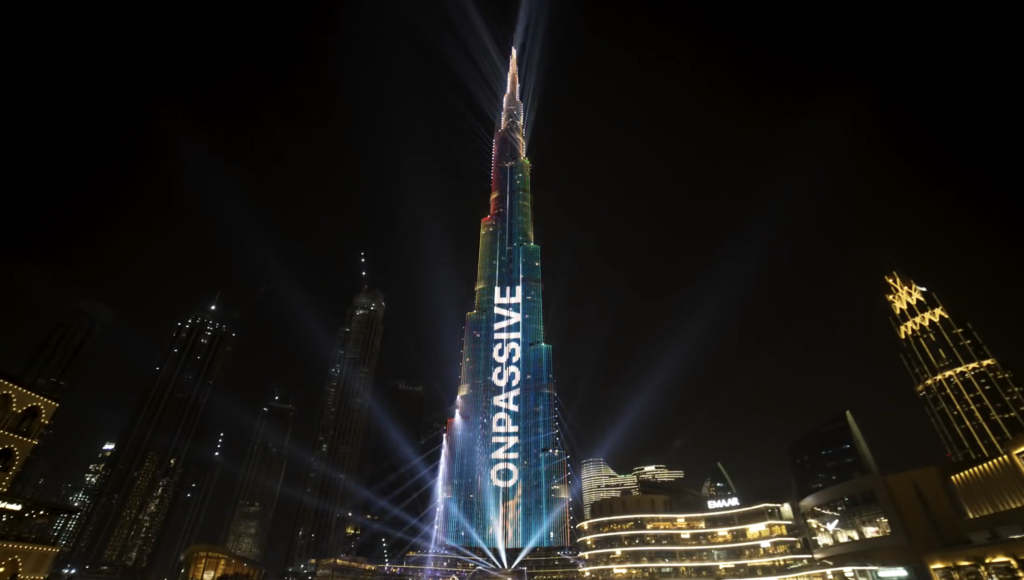by Carmel Pilotti
Thousands of Papua New Guineans have signed up to an international multi-level marketing scheme that is being pursued in court in the United States for allegedly defrauding hundreds of thousands of people of over 400 million kina.
As many as 13,000 Papua New Guineans have signed up to the scheme, known as Onpassive.
The Orlando, Florida-based business promises individuals hefty returns from a one-time investment of $US 97 (about 375 kina) and monthly subscription fees. The company claims that investors will share in the profits from the sale of an array of software products that it has developed, and which will be released in the near future.
However, the products have failed to materialize. The U.S. financial regulator, the Securities and Exchange Commission (SEC), last August filed a civil complaint alleging that the business and its owner, Ashraf Mufareh, have since 2018 perpetrated an “illegal pyramid scheme.”

Pyramid schemes are a classic form of fraud in which participants are made to pay money up front, and then urged to earn their money back by recruiting new people into the fraud. The small number of people at the “top” of the pyramid can make large amounts of money, while the far greater number of people at the “bottom” lose out.
In Papua New Guinea, the scheme is being led by David Bakau, a former employee of Lloyd’s Bank in Arawa, Bougainville, who became a senior member in the late 1990s and early 2000s of the U-Vistract fraud run by Noah Musingku.
The U-Vistract scam took money from thousands of victims across PNG, Australia, and the Pacific while promising stratospheric returns that never came through. Musingku is still wanted for arrest by PNG authorities, and is currently holed up with loyalists in his home village in Siwai district, Bougainville, where he has declared himself king.
In an interview with Inside PNG, Bakau said he had long ago walked away from Musingku’s scam. But he said that, despite allegations by U.S. authorities, Onpassive was a legitimate company.
“I have no questions about it, because the legal team are handling that,” Bakau said

“We believe in [Onpassive owner Mufareh’s] integrity,” he added. “I followed him in 2019 when the company was barely nothing, and they’ve basically built and I’ve seen everything developed from there.”
Bakau told Inside PNG that he had not yet made any money from Onpassive, but stands to make a 25 percent commission on each 375 kina sign-up fee paid by the scheme’s PNG investors when Onpassive’s software finally launches. He said an issue with data migration has temporarily delayed the release of the software products, which are touted as being part of an integrated artificial intelligence ecosystem that will replace platforms like Google, Zoom, and Facebook.
However, disgruntled former scheme members say such delays are simply part of the alleged scam.
U.S. regulators have alleged that Mufareh and his wife have instead used the money on personal expenses including online retail purchases, upscale dining, TV subscriptions, groceries, salon and spa visits, and the purchasing of stocks.
Bakau said he is unphased. “In every business, there’s a risk,” Bakau said. “Nobody owes anybody. So Ash [Mufareh] doesn’t owe us, we don’t owe him anything”, he said.
Onpassive and Ash Mufareh did not respond to questions.
YouTube videos and social media postings show that Onpassive’s network has targeted PNG since 2019, just a year after the inception of the alleged scam. A closed Facebook group run by senior scheme participants, named “Onpassive Nation -— Papua New Guinea”, has 5,400 members.
Reporters from Inside PNG contacted 10 to 15 Papua New Guineans who have participated in the scheme or have been drawn in by others, but all refused to speak on the record or simply did not respond.
According to the U.S. SEC’s 2023 complaint, as of March last year, Onpassive had received over $US108 million from 800,000 investors around the world.


Comments are closed.